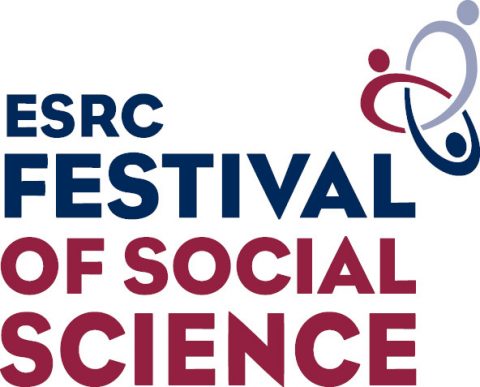This Report is the outcome of a knowledge exchange scheme which brings together academics (from the disciplines of law, media & communication studies, management and economics), policy makers from the Intellectual Property Office (an executive agency of the Department for Business, Innovation and Skills) and media businesses (in particular transmedia SMEs) to generate and disseminate new knowledge about the use of public domain works.
The Centre for Intellectual Property Policy and Management’s Co-Director, Dr. Dinusha Mendis and CIPPM Member, Dr. Fabian Homberg presented their research on ‘Valuing the Public Domain’ – a collaboration with CREATe, University of Glasgow – on 5th December 2014, at Digital Catapult, London. ‘Valuing the Public Domain’ is a major research and knowledge exchange project carried out in collaboration with CREATe, University…
Drawing on UK and EU copyright laws and their application to 3D printing and CAD files, this paper will, first, question whether CAD files can be protected by copyright law before considering the copyright implications thrown up by the modification of CAD files as a result of scanning and the use of online tools.
Book: Entertainment Management – Towards Best Practice (CABI; 2014) Authors: Mendis, D. Editors: Walmsley, B. and Moss, S. Publisher: Marston Publishers ISBN: 9781780640235
This paper argues that the Digital Economy Act (DEA) 2010, already much delayed in its implementation, is fundamentally flawed in three respects. First, there are internal inconsistencies in the complex provisions to be enacted under secondary legislation.
Book: Handbook on the Digital Creative Economy Authors: Homberg, F., Favale, M., Kretschmer, M., Mendis, D. and Secchi, D. Editors: Towse, R. and Handke, C. Pages: 1-380 Publisher: Edward Elgar Place of Publication: Cheltenham, UK Date of Publication: December 2013 ISBN: 978-1-78100-487-6
The report consisting of two Studies includes a comparative international review of actual and proposed orphan works legislation in several jurisdictions aimed at identifying key characteristics of orphan works licensing schemes and simulated rights clearance for six scenarios in order to identify pricing models in the studied jurisdictions.
This report presents a distilled discussion of the legal treatment of parodies in seven jurisdictions that have implemented or are considering implementing a copyright exception for parody (Australia, Canada, France, Germany, Netherlands, UK, and USA). The underlying principles (including economic and constitutional) governing divergent legal approaches are identified, and a list of policy options is presented.
This report discusses the legal treatment of parodies in seven jurisdictions that have implemented a copyright exception for parody. The jurisdictions include Australia, Canada, France, Germany, Netherlands, UK, and USA. The report identifies possible regulatory options for benefiting from a parody exception to copyright infringement, and distils the (economic and non-economic) rationales developed by legislators and courts. The report concludes by setting out a list of policy options.



